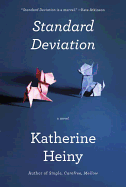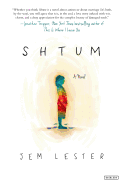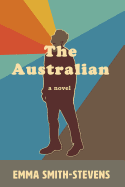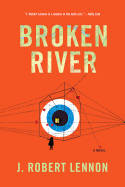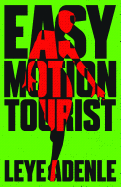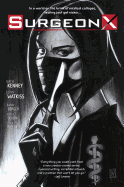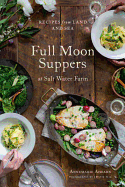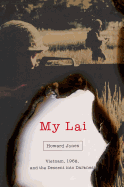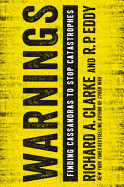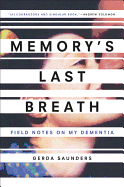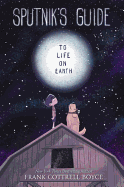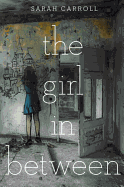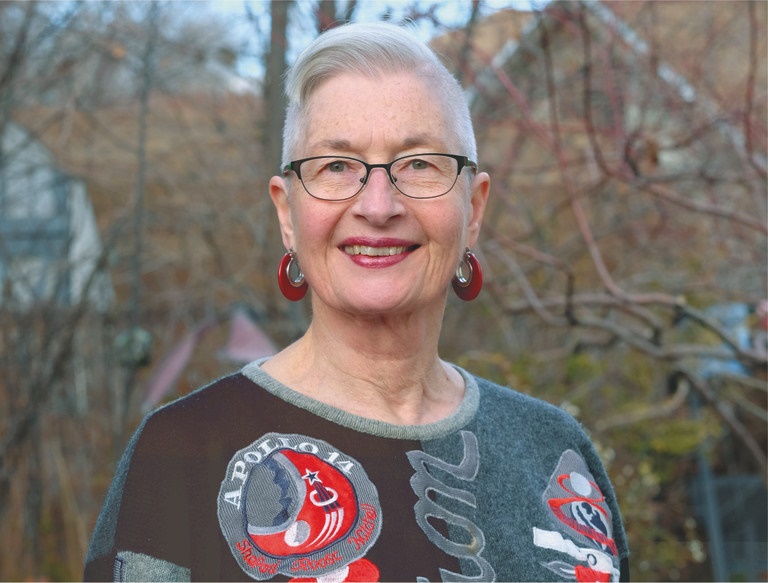 |
| photo: Peter Saunders |
Gerda Saunders is former associate director of the Gender Studies Program at the University of Utah and the author of the short story collection Blessings on the Sheep Dog. Her memoir, Memory's Last Breath: Field Notes on My Dementia (just published by Hachette, and reviewed below), expands upon a series of journal entries, or "field notes," she wrote chronicling the progression of her dementia to talk about her life before and after her diagnosis. She alternates memories of her childhood in apartheid-era South Africa with looks at how dementia affects her daily life and candid discussions of her planned assisted suicide.
How difficult is it to write with dementia and what techniques do you use to circumvent those difficulties?
The part of my memory that is most affected is my working memory, or the ability to maintain and manipulate information "live" in a multistep process, such as remembering the street and the house number when someone gives me an address to write down. My nonfunctioning working memory decidedly slowed me down in places where I incorporated neurological and other research that required me to switch between screens. By the time I got to the research screen, I would have forgotten the question that I was trying to answer, and vice-versa. Accordingly, I wrote down, in longhand, the information I needed before switching screens. Once I had electronically copied the answer, I used the same process in reverse, jotting down keywords so that I would know what to do with the information once I got back to the draft screen.
Writing these parts of my book was very tedious and slow-going, and also used up a great deal of emotional energy. An oddity of my memory loss is that, as long as I stay inside my head, my thoughts still cohere on the page, even though writing anything at all takes me a very long time. According to my research, I am not the only person with dementia who has retained a set of ingrained skills. Musicians, chess players--even philosophers--retain abilities in their areas of excellence until long after they are no longer able to take care of themselves at all. I am grateful that, in my case, I have, in cognitive neuroscience researcher Michael Gazzaniga's words, "time for introspection into [my dementia's] troubling trajectory."
Are you worried that if you don't feel intelligent, you won't feel like yourself?
From an early age, I got a lot of attention in my family and at school for having a good memory, being "clever" and getting high marks. Not surprisingly, my intellectual ability became one of the cornerstones of my selfhood. It was in my intellectual life, indeed, that it first became obvious to me that something was very wrong with my memory: I would forget what had just been discussed at meetings, and my memory malfunction affected my ability to teach and fulfill my administrative duties in a way that I could be proud of. These failures struck a deep blow to my self-esteem.
However, one of the things I learned studying Freudian and Lacanian subjectivity was that there really is no such thing as one's "true self." Our selves change all the time, which is evident to me when I think of my childhood-, teenage- and 20-something selves that are now, in my late adulthood, overlaid and blended into my current self. By the time my dementia was diagnosed, my intellectual self was no longer only or even the most important core of my self. Rather, the qualities of showing and accepting love, maintaining good relationships and living with integrity had become all-important cornerstones of my selfhood.
Nevertheless, the loss of my intellectual capacities is painful, particularly as I am daily reminded of my brain's ongoing diminishment as I bumble through tasks that earlier seemed to require no brainpower at all. I make up for the erosion of my intellectual self through pursuing new ego-ideals: I strive to continue giving love in the ways I still can and--most importantly--to learn to accept help from others with grace and gratitude.
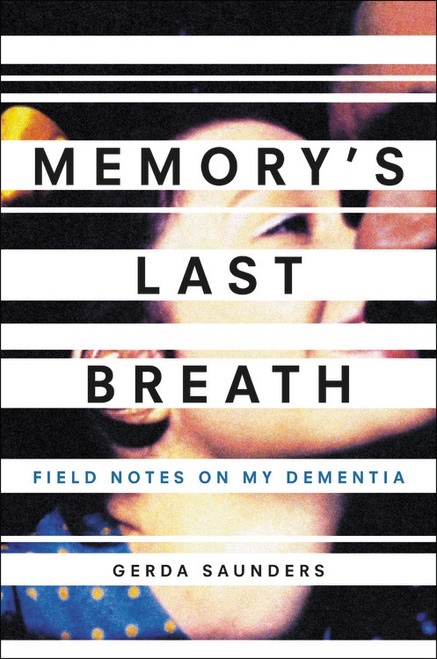 Do you think it's important to be open about your decision to pursue assisted suicide?
Do you think it's important to be open about your decision to pursue assisted suicide?
My family and I have taken steps to procure an assisted suicide for me--and for Peter, my husband--when we can no longer contribute to or participate in our most precious relationships. But my decision is by no means prescriptive. I honor the different choices that others make.
In my own situation, I am extremely grateful that my husband and my beloved children and their spouses are willing to help me die when the time is right. That is, when my days no longer supply more joy than disaffection; when I am mean to or scare my children or grandchildren; when I state repeatedly that I no longer want to live; when I spend more hours per day in consuming care than I do being on my own; or when I no longer make a mark on the world.
When my neighbors or others make their different end-of-life choices known to me, I tell them that I am happy for them that they have chosen to die in a way that is meaningful to them. I don't ask them to be happy for me or to accept my choice, but if they are or do, I am grateful.
Does it comfort you to know why, scientifically speaking, your brain is failing?
Knowing what is going on in myself and in the world has always been a source of comfort for me. Scientific knowledge enables me to let go of things that are not under my control. If I believed that dementia--or any other mental illness--was a character flaw, or that I could get my act together by just trying harder, or that pursuing unusual diets or other unsubstantiated cures could make me better, I would experience even more anxiety than I do now. (Anxiety is a particular result of microvascular disease, whereas depression is more common with Alzheimer's.)
My reaction to my dementia diagnosis and my experience of the disease are in line with my general understanding of the cosmos. Scientific evidence convinces me that the universe is impartial and that both disaster and good fortune can randomly befall the good, the bad, and the ugly. (This does not mean that personal responsibility is no longer relevant. It kicks in in how we respond to either disaster or good fortune.) Such an understanding of the human condition relieves me of the obligation that many religious people feel of "earning" a better place in life and the hereafter. It relieves me of the hope of being rewarded for my good deeds in the hereafter and the terror of being punished for my bad ones.
The obligation conferred on individuals in a random universe is to strive for goodness for the sake of goodness alone. The fact that my brain is failing does not absolve me of the obligation to be good. It merely provides an interesting challenge to try to be good for as long as possible. Living within this resolve comforts me very much. --Hank Stephenson, bookseller, Flyleaf Books
Gerda Saunders: Field Notes on Dementia
 I became an English major in college for one simple reason: the stack of Vonnegut paperbacks in my dorm room made me happier than just about anything. When I graduated and began looking for a job, the only ad that appealed to me said Bookseller Wanted.
I became an English major in college for one simple reason: the stack of Vonnegut paperbacks in my dorm room made me happier than just about anything. When I graduated and began looking for a job, the only ad that appealed to me said Bookseller Wanted.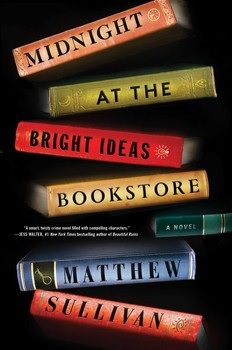 A few years later, after moving home to Colorado, I spotted another alluring ad in the paper: Bookseller wanted. Apply in Person.
A few years later, after moving home to Colorado, I spotted another alluring ad in the paper: Bookseller wanted. Apply in Person.



 Do you think it's important to be open about your decision to pursue assisted suicide?
Do you think it's important to be open about your decision to pursue assisted suicide?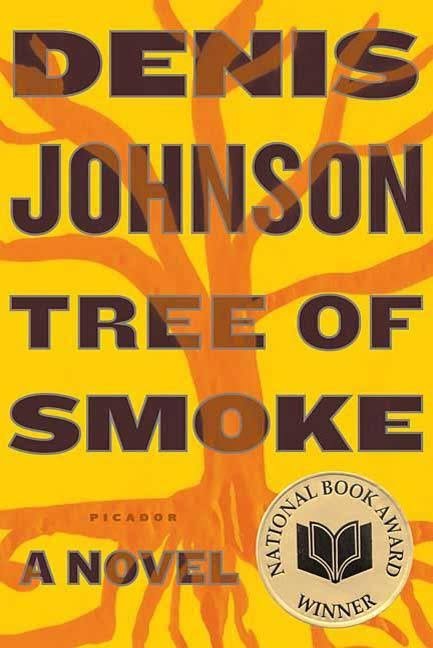 Author, poet, playwright and journalist Denis Johnson, whose fiction delved into the tumultuous, sometimes transcendent lives of outcasts and addicts,
Author, poet, playwright and journalist Denis Johnson, whose fiction delved into the tumultuous, sometimes transcendent lives of outcasts and addicts, 